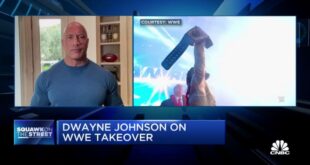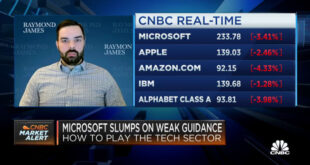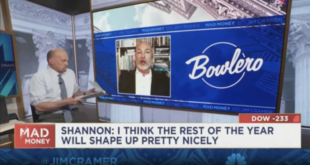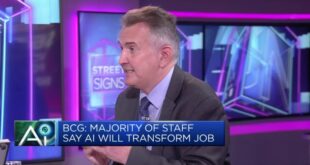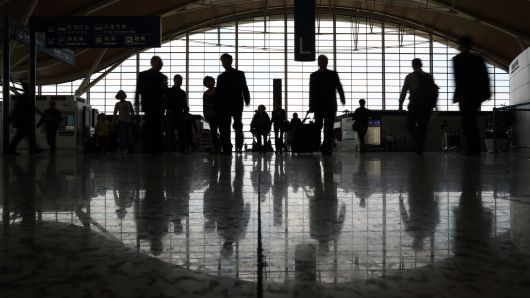
Bloomberg | Bloomberg | Getty Images
Passengers walk through the terminal building of Shanghai Pudong International Airport in Shanghai, China, on Saturday, Oct. 26, 2013.
A partner for a large New York law firm returned from a business trip to China just before Thanksgiving, shortly before the arrest of Huawei CFO Meng Wanzhou in Canada Dec. 1.
Asked by CNBC on Thursday if he’d like to comment on the arrest and its effect on his future China travel plans, the lawyer had two very different responses.
“On the record? Of course, business is continuing as normal. Our relationships over there remain rock solid, and this case has no bearing on our ability to work as usual. Did that sound good?” he said.
“Off the record? Are you f—ing kidding me? No f—ing way,” he added. (He later gave CNBC permission to use the quote without his name.)
That’s an increasingly common dual-sided sentiment among executives who work in China or travel there frequently for business. They don’t want to upset the increasingly delicate diplomatic balance between the two countries and bring it into their work.
They also are mindful of China’s powerful ability to monitor what they’re saying and doing. So, many are expressing little worry in public while quietly making arrangements to stay safer in private.
CNBC spoke to three other executives who had similar things to say about their work in China. All spoke on the condition they’d be granted anonymity because they weren’t authorized to speak with media. The executives work in a variety of industries, including technology, finance and security.
One executive based in Singapore for a large multi-national financial firm said he’s received several “gentle, informal” inquiries from his colleagues in China about possible reassignments to cities outside the mainland, like Tokyo or Singapore.
“I think people are definitely being cautious, a little worried. Maybe trying to navigate into something with a little less political pressure behind it, the same job, just somewhere else. Not panicked or anything. Then again, these guys like to act cool under pressure,” he said
When asked whether he would be traveling to China soon, as he has frequently in the past, the Singapore executive said: “No, no. I mean, I have kids.”
 EU News Digest Latest News & Updates
EU News Digest Latest News & Updates
